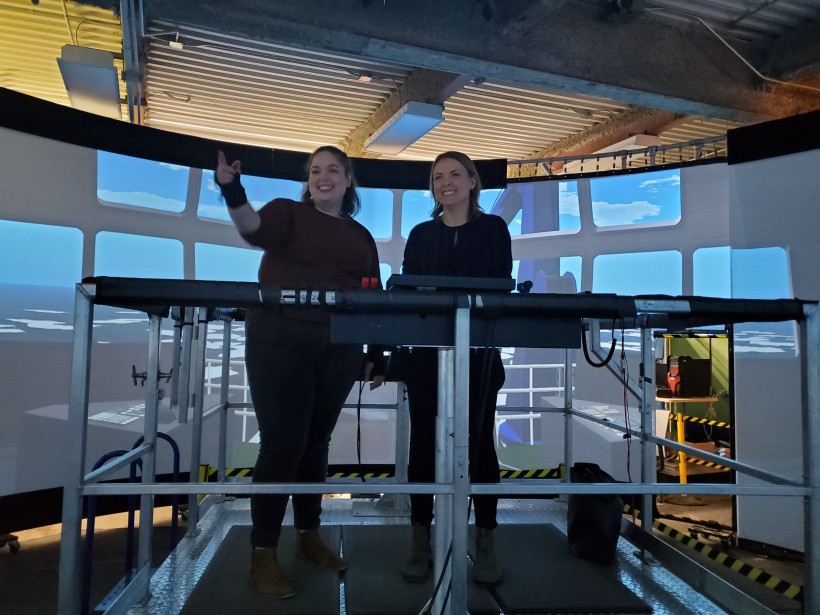Writing the 2020 edition of our Atlantic Canada Startup Data Report, I’ve noticed a few external factors that could impact the community – some good, some bad.
By external factors, I mean economic forces that are outside the conventional startup ecosystem that will affect startups’ ability to raise capital, attract talent and sell their products. In several cases, I haven’t nailed down hard or up-to-the-minute data, but we can see the forces that are impacting the community.
Here they are:
Good News
Increasing Population
No surprise here. Population has grown in each of the Maritime Provinces in the past five years, though declining population was a problem in Newfoundland and Labrador through 2020.
According to Statistics Canada, in the past five years, Prince Edward Island’s population rose 10.3 percent to 160,000, Nova Scotia’s 4.3 percent to 979,000, and New Brunswick’s 2.6 percent to 781,000. Newfoundland and Labrador suffered a decline of 1.5 percent to 521,000.
Innovation requires talent, and these stats show the talent pool is increasing.
Rise in Research Funding
According to Re$earch InfoSource, Atlantic Canada logged a record year for university research in 2019, though the anecdotal evidence suggests we took a step backward in 2020 due to the pandemic. The Re$earch InfoSource data shows that university research capacity rose 20 percent to $408.6 million in 2019.
Memorial University of Newfoundland and University of New Brunswick in particular produced some of the strongest growth in the country. MUN’s research funding increased 38 percent to $160.6 million – the 18th highest rate in the country. The St. John’s institution replaced Dalhousie University as the top research school in the region, even though Dal’s research funding rose 7.1 percent to $151.3 million.
UNB’s research funding increased 25 percent to $48.5 million
High Office Vacancies in Halifax
About 40 of the startups in Atlantic Canada are based in Halifax, and many of these will benefit from a high office vacancy rate in the city, which should in theory keep rents cheap. The real estate consultancy CBRE said the vacancy rate was 19.9 percent in 2020, and forecasts it will rise to 21.1 percent in 2021. That projected vacancy rate is far higher than in other medium-sized cities in Canada: 9.9 percent in Quebec City; 12.1 percent in Ottawa; 15.4 percent in Kitchener-Waterloo; and 12.7 percent in Winnipeg. That high vacancy rate suggests scaling startups should be able to find reasonably priced offices as they grow, assuming they are not operating remotely when the pandemic ends.
Bad News
Fiscal Dumpster Fire
This is an issue that’s just not getting enough attention – in the startup community or the broader economy. Governments are borrowing money with abandon and will have to get spending in control eventually.
Here’s what we know now: The three Maritime governments had balanced budgets two years ago, and are now projecting these deficits for the 2021-22 fiscal years: Nova Scotia $584.9 million; New Brunswick $244.8 million; and P.E.I. $112 million.
Having just finished its marathon election, Newfoundland and Labrador hasn’t brought down a budget yet. The latest financial statement I could find was a deficit of $1.84 billion in the last fiscal year.
At the federal level, Finance Minister Chrystia Freeland will present a budget later this month, with an expected deficit of between $133 billion to $175 billion, according to a Reuters poll of economists.
This is important because Atlantic Canadian startups rely heavily on government programs for non-dilutive funding, but governments will eventually feel pressure to trim costs everywhere.
Tight Industrial and Lab Space
While CBRE delivered good news about office space in Halifax, the news is a bit drearier for the city’s advanced manufacturing companies. Halifax’s vacancy rate for industrial space is projected to be 4.5 percent in 2021, the lowest in a decade. Execs in these companies say the supply of space is especially tight for outfits that need large industrial spaces.
There’s a similar story in life sciences, where founders have complained for years of a shortage of wet labs in the city.
Air Connections
This situation seems to be improving, but it still merits watching. For several months, there has been little or no commercial air service to and from Fredericton, Moncton, Saint John, Charlottetown and Sydney. Air Canada has said it will restore flights June 1 as part of its bail out agreement with the federal government. As the world opens up, air travel will be essential for companies meeting clients and investors.










